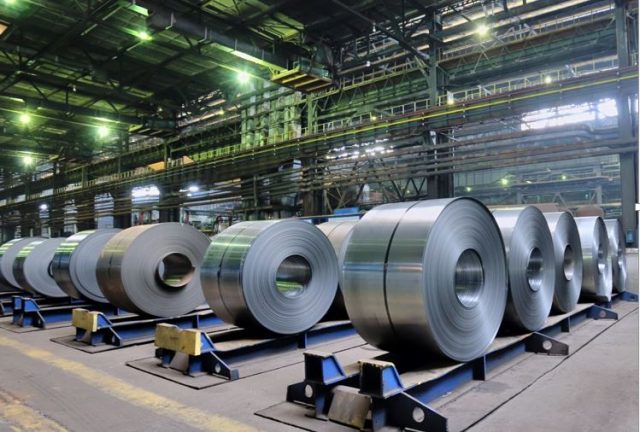
The economy of Kenya runs on the wheels of the Manufacturing businesses. From contribution to national output and exports to job creation. A typical manufacturing business incorporates raw material or particular components to make finished goods that can be sold directly to consumers or to other manufacturing businesses that use them for making a different product.
In the manufacturing businesses today, there is a wide range of direct and joint-investment opportunities, including agro-processing, garments, assembly of automotive components and electronics, plastics, paper, chemicals, pharmaceuticals, metals, and engineering products for domestic and export markets just to mention but a few.
Compared to other businesses, manufacturing business has more legal regulations and environmental laws to deal with. Before you even think about the regulations, you need to have a business plan.
Business Plan
Once you have analyzed, the manufacturing sector and settled for a business that matches your abilities, you need to draft a solid business plan. This is a framework/road map of how your manufacturing business will be run. It is a formal written document containing business goals, the methods on how these goals can be attained, and the time frame within which these goals need to be achieved. It should contain:
- Cover page: It should have the Company Name, Logo, Contact Person, Address and Phone Number.
- Executive summary: Should describe the business, by identifying the stage of the company and its strategic direction, describe the company’s market and marketing plan, briefly discusses the background of management, and states the company’s revenue and profit expectations.
- Body of the business plan: Should contain details of background and purpose of the business, market analysis, product, and service development, marketing, financial data, organization structure and management, ownership, risk factors, and conclusions.
Legal requirements
Like any other company, the business must be registered as a separate entity from its owner through the Registrar of Companies responsible for business registrations in Kenya. The Registrar issues certificates of incorporation for local companies and certificates of registration for sole proprietorship and partnerships.
The firm can then obtain registration with the National Social Security Fund (NSSF), the National Hospital Insurance Fund (NHIF) and the Kenya Revenue Authority (KRA) for tax compliance and a business permit should also be obtained from the County Government depending on the business type.
For sole proprietorship and partnerships, registration is done through the e-citizen online platform but for limited liability partnerships (LLPs) registrations are manual and are done at the company registry. Once your business is up and running, its good to have a better understanding of other industry players with a critical role in your operations.
Kenya Association of Manufacturers (KAM)
To drive global competitiveness, KAM plugs in as a body in pursuit of its core mandate of policy advocacy, to give manufacturing businesses, whether large scale or small scale, grounds for smooth operations. It is the representative organization for manufacturing value-add industries in Kenya.
KAM promotes trade and investment, upholds standards, encourages the formulation, enactment, and administration of sound policies that facilitate a competitive business environment and reduce the cost of doing business. Companies directly involved in processing, manufacturing or any other value addition activities, can directly apply for ordinary membership.



